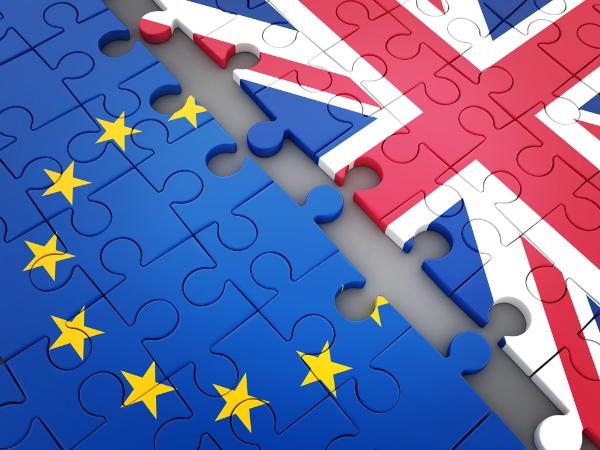Brexit: like a perfume of anxiety among some Britons from Belgium
It has been known since 20 February that the British referendum on keeping the United Kingdom in the European Union (EU) will be held on 23 June. At a European summit devoted almost exclusively to Brexit, David Cameron obtained from his European partners the special status he was seeking for the United Kingdom. In exchange, and as promised, he will campaign to keep his country in the EU.
If there is indeed a section of the British population that is aware of this issue, it is expatriates, especially those working in or around the European institutions. In Belgium, there are about 200,000 Britons. They represent 2% of the Belgian population, making them the eleventh foreign nationality in Belgium. Most of them work in Brussels as European civil servants, lobbyists, journalists… For them, the prospect of a Brexit is not necessarily a good thing and even worries some of these workers. Some British EU officials have already taken steps to obtain another EU nationality.
Concern but no dramatisation
Felix Geradon is Deputy General Secretary of Union Syndicale, one of the world’s leading trade unionists. the main trade unions in the European civil service. He admits to feeling this concern on the part of British civil servants but puts it into perspective: “They are a little worried but not excessively so. In any case, we don’t know not yet how things are going to work out. The withdrawal of a state membership of the European Union is something new. (…) There is no no certainty in either direction”. Will these British civil servants still be allowed to work in the UK? the European institutions, or, on the contrary, will they have to leave since they do not will no longer be nationals of a Member State? For Felix Geradon, “he is likely that the solution will be somewhere in between”.
5% of civil servants
It should be pointed out that the United Kingdom is one of the countries with the fewest civil servants in relation to its demographic weight. The country represents about 12% of the European population but only 5% of European civil servants are British. Having said that, the prospect of a Brexit does not only worry European civil servants. It could have consequences for regional representations in Brussels, for example.
There are about a dozen in the UK alone. They lobby to promote the regions but also provide an entrance to Brussels for local elected representatives, which is very useful for
drain European regional funds. Fatally, for the staff of these regional representations, the question Brexit’s work is also challenging. But here again, without dramatisation. For one of the employed at one of these regional representations, there is certainly a great uncertainty but not necessarily worry: “If it’s a no, you can go back to Britain and make your life there, just like before. Or, you can stay in Belgium, you can find another job, with a work permit. Or you can take Belgian nationality. Why not?”
What about business?
In any case, it floats around the British in Brussels like a scent of uncertainty. And uncertainty is bad for business. Larry Stone is president of government affairs for British Telecom. He is responsible for lobbying the European Commission or the European Parliament. MEPs. And the possibility of a Brexit has been integrated into the vision of his company: “I chair the risk committee at British Columbia. Telecom and we are following very closely what Brexit would mean for BiTi. We of large investors throughout the European Union, it will be necessary that the investments will be reviewed after the June 23rd vote, because we don’t know what the revised structure will look like”.
Like the Swiss?
But here again, there are too many uncertainties to envisage the future with any precision: “If the voters decide to leave the European Union, will we be part of an enlarged European area? Will we negotiate agreements on every point as the Swiss do? Will we have a free trade agreement like the Koreans or Canadians or an agreement based on the World Trade Organization? We don’t know nothing”.
On a personal note, Larry Stone does not want the United Kingdom to leave the European Union. And this is also the position of British Telecom according to him. But if that were to happen, paradoxically, we would probably have to immerse ourselves even more in the workings of Europe: “We are in Europe since the 1970s and today, our economies are interconnected from a very complex way and therefore I think that British companies will have to know Europe even better after a Brexit“.
Read the article “Brexit: like a perfume of anxiety among some Britons from Belgium” on RTBF.




